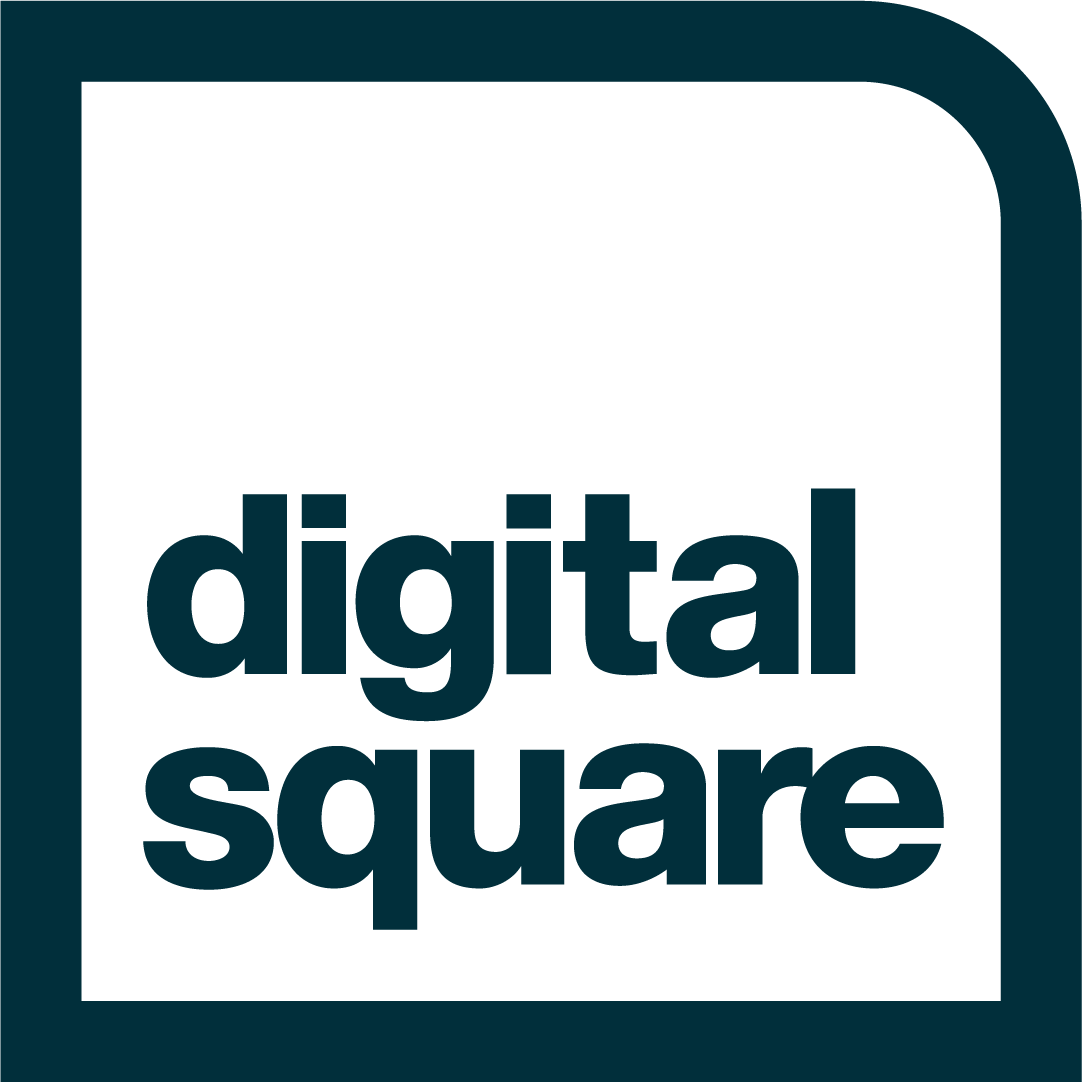Digital Square learning program starts today to expand knowledge and skills for digital health implementation and decision-making
Today, a cohort of learners, coaches, and trainers are coming together for the first time to create a new cadre of digital health leaders in Africa. Through Digital Square’s Digital Health Applied Leadership Program (DHALP), led by the University of Global Health Equity (UGHE) in Rwanda, 40 participants are beginning this year-long learning program that will enhance their capacity to successfully lead and execute digital health programs. The participants are government health leaders from Cameroon, the DRC, Guinea, Malawi, and Zimbabwe.
“This learning program has been in the works for a long time, so today marks a milestone in Digital Square’s journey to support health leaders in driving country-owned, sustainable digital health interventions,” said Lauren Wall, Digital Square’s Deputy Director of Program Implementation. “We’re excited to work with an accomplished cohort of learners to further expand their digital health expertise and leadership skills. We’re also looking forward to learning from everyone involved about how to iterate the DHALP to continue preparing participants for an evolving digital health ecosystem.”
The DHALP prioritizes training in the technical concepts and leadership and planning skills needed to steer national digital health stakeholders and strengthen digital health systems. Designed as a comprehensive leadership curriculum, the DHALP consists of core online courses, virtual workshops, instruction from tutors, and guidance from country-specific coaches who assist participants in planning and delivering a country team project.
The concept of the DHALP was co-created at the November 2019 Digital Health Leadership Capacity Building Conference by representatives from 17 country governments, the World Health Organization, donors, and educators. UGHE is implementing the DHALP with a consortium consisting of Inshuti Mu Buzima-Partners in Health, University of Thies, and the Stanford Center for Health Education. Program delivery partners include TechChange and the World Bank.
Country governments around the world are committed to using digital technologies to improve their health systems, increase access to health data, and advance health equity. Scaling up digital health systems requires strengthening digital health knowledge and leadership skills across the health workforce. But, until now, there have not been any programs focused on building the professional and institutional capacity within government, and promoting the level of interagency participation, leadership, and coordination required to enable digital transformation for health systems strengthening. The DHALP is designed to address this challenge.
Donors and stakeholders are working with Digital Square to replicate and scale the DHALP curriculum for additional cohorts in other regions. For more information about the DHALP and to discuss partnership opportunities, please be in touch with Digital Square’s DHALP lead: Lauren Wall at lwall@path.org. Our DHALP overview brief also has additional information.
About Digital Square: Digital Square is a PATH-led initiative funded by the United States Agency for International Development, the Bill & Melinda Gates Foundation, and a consortium of other partners. Since its inception in 2016, Digital Square has raised more than $100M from 15 investors to catalyze a range of digital health investments—working with ministries of health around the world to align adaptable, interoperable digital technologies with local health needs.
Digital Square’s coalitions, resources, and its portfolio of mature digital public goods for health (global goods) support large-scale, high-quality, sustainable implementations of digital health interventions. The Digital Square team brings together a robust and diverse skillset to play a leading role in digital health transformation efforts designed to close the health equity gap around the world.

